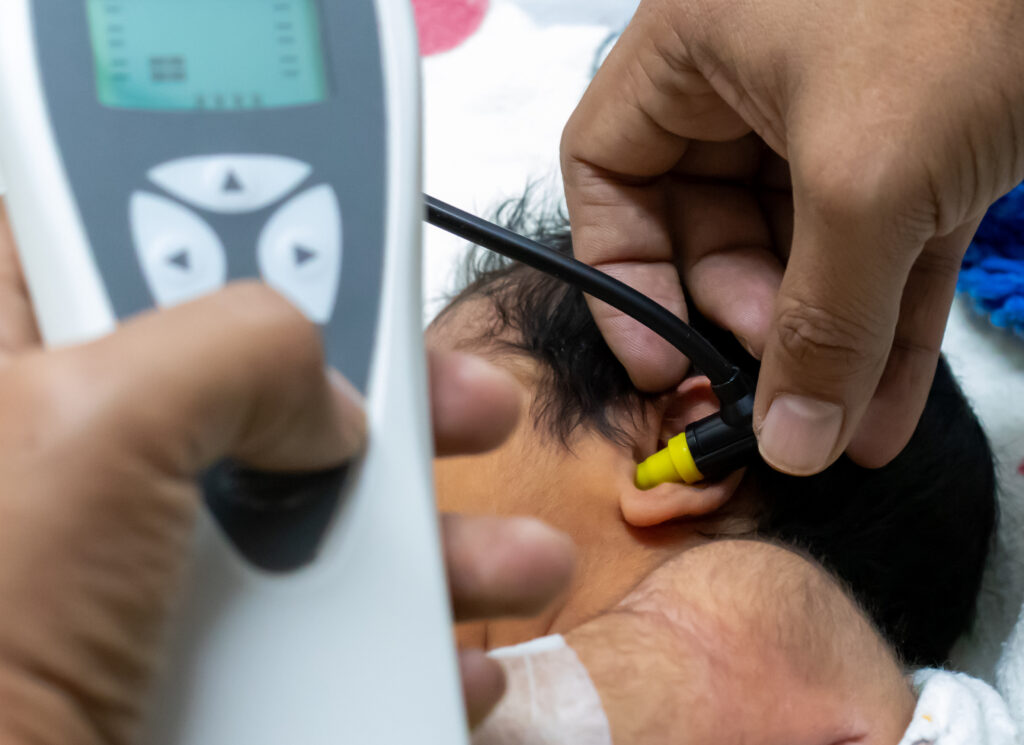Sexual and reproductive health isn’t just about the absence of disease—it’s about overall well-being, encompassing physical, emotional, mental, and social aspects. Everyone has the right to safe and fulfilling sexual experiences, free from coercion, discrimination, and violence. It’s a responsibility for each of us to create a society where rights are respected and upheld.
Good sexual health means having access to information, services, and choices to make informed decisions about your body and relationships. This includes the right to decide if, when, and how to have children, ensuring dignity and autonomy for all.

The Role of Healthcare Professionals
Consulting your gynaecologist shouldn’t only be when you have a medical issue. It’s also about education and empowerment. Your doctor should educate you on safe sex practices and how they can prevent complications, from sexually transmitted infections (STIs) to unplanned pregnancies. With various contraceptive options available, professional guidance will help you decide the best mode of contraception.
Understanding STIs is crucial, as some, like Pelvic Inflammatory Disease (PID), can cause long-term damage. Symptoms such as abnormal discharge, post-coital bleeding, genital ulcers, and pelvic pain shouldn’t be ignored. A healthcare professional will work to diagnose, treat, contact trace and prevent complications while maintaining patient confidentiality.

Importance of Cervical Cancer Screening and Vaccinating against HPV
Cervical cancer, attributed mainly to the Human Papillomavirus (HPV), is highly preventable. Girls from the age of 9 are advised to get the HPV vaccine. Getting screened for cervical cancer regularly is wise because early detection leads to better outcomes.
Preparing for Pregnancy: An Important Aspect of Reproductive Health
Pre-pregnancy counselling is essential for detecting health issues that might impact pregnancy. Starting prenatal care early, preparing for childbirth, and attending regular antenatal check-ups help facilitate a seamless transition from conception to delivery. Pregnancy requires careful monitoring to manage complications effectively. Postnatal care is also vital for the mother’s and baby’s support during the weeks after birth. Birth Preparedness and complication readiness are vital to achieving the goal of Reproductive health for all.

The Role of Policy and Social Services
Laws like the Equality Bill 2021 help protect individuals from discrimination based on age, gender, sexual orientation, or health status. However, creating real change requires collaboration between policymakers, healthcare providers, and social services. Awareness campaigns,
accessible healthcare, and media engagement are essential in bridging gaps and ensuring that sexual and reproductive health services reach those who need them most.
A Step Towards a Healthier Future
Sexual and reproductive health is a fundamental part of overall well-being. Safe sex practices, informed choices, and proactive healthcare can prevent complications and empower individuals. By fostering awareness, education, and access to services, we can move towards a world where everyone has the right to make decisions about their bodies—safely and without judgment.
Take charge of your sexual wellbeing – stay informed, engage in safe practices and prioritise your health. Book a consultation with our Gynaecologists today! Call our toll-free helpline at 1800 419 1397.


















